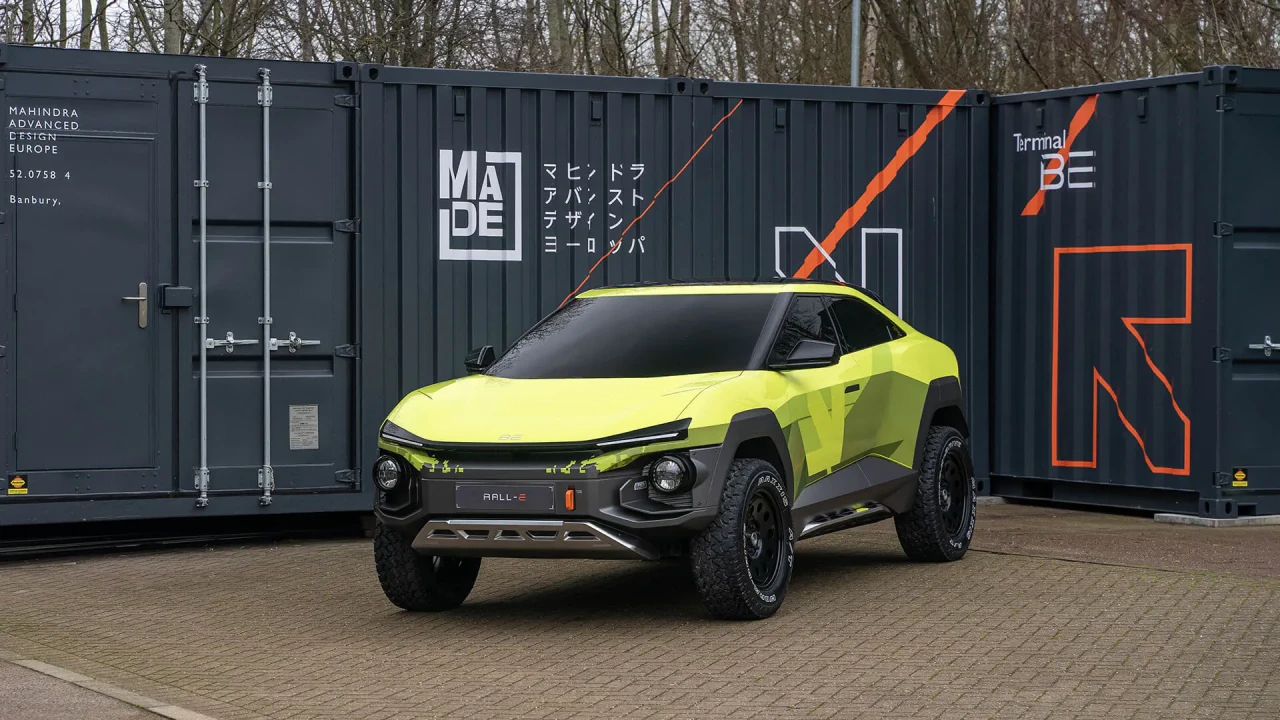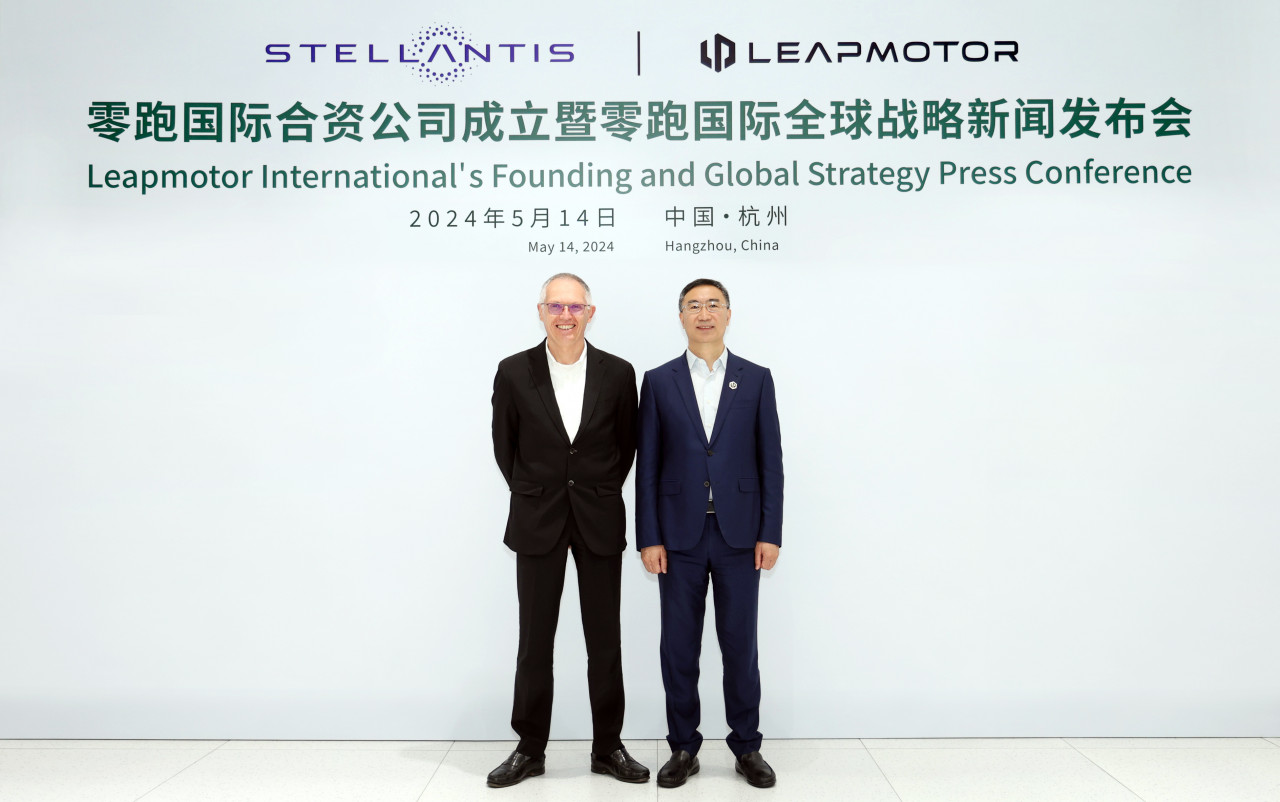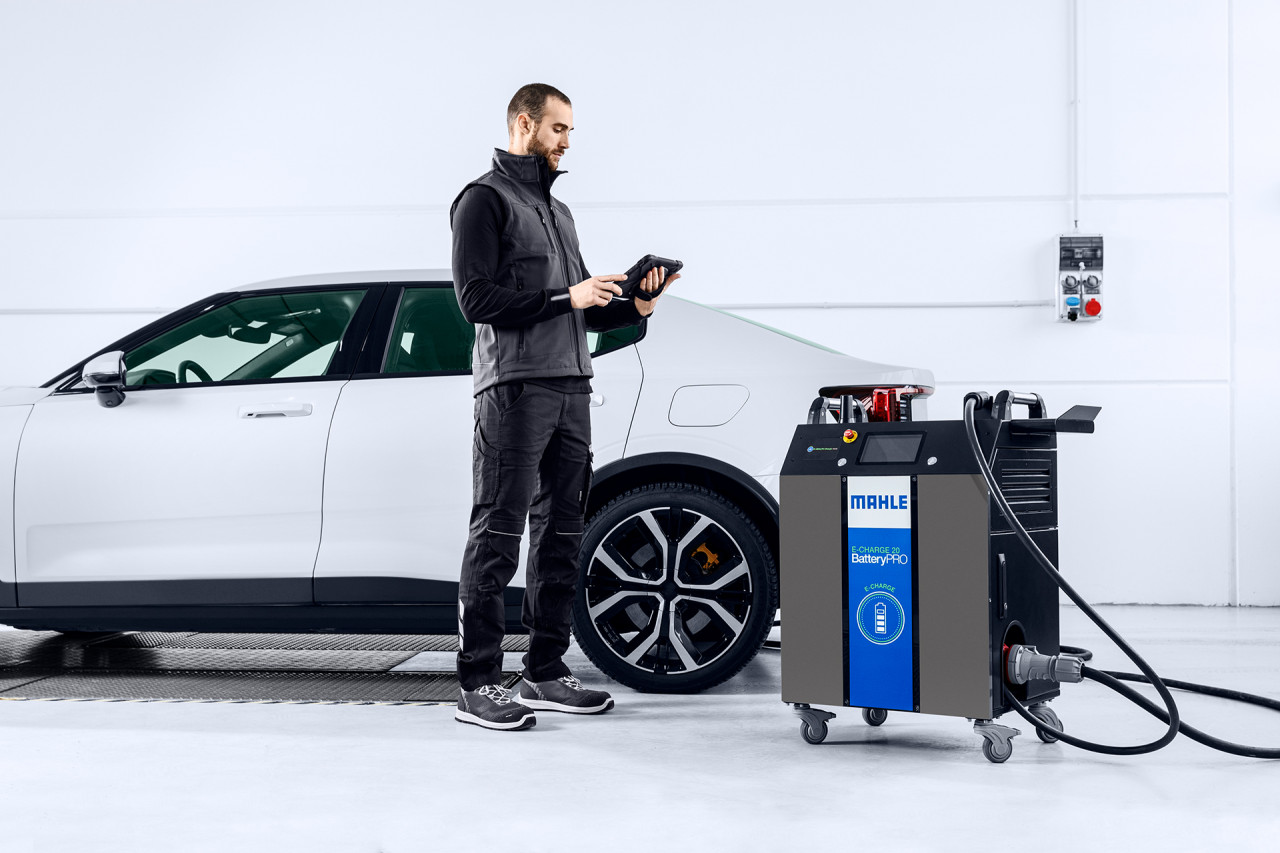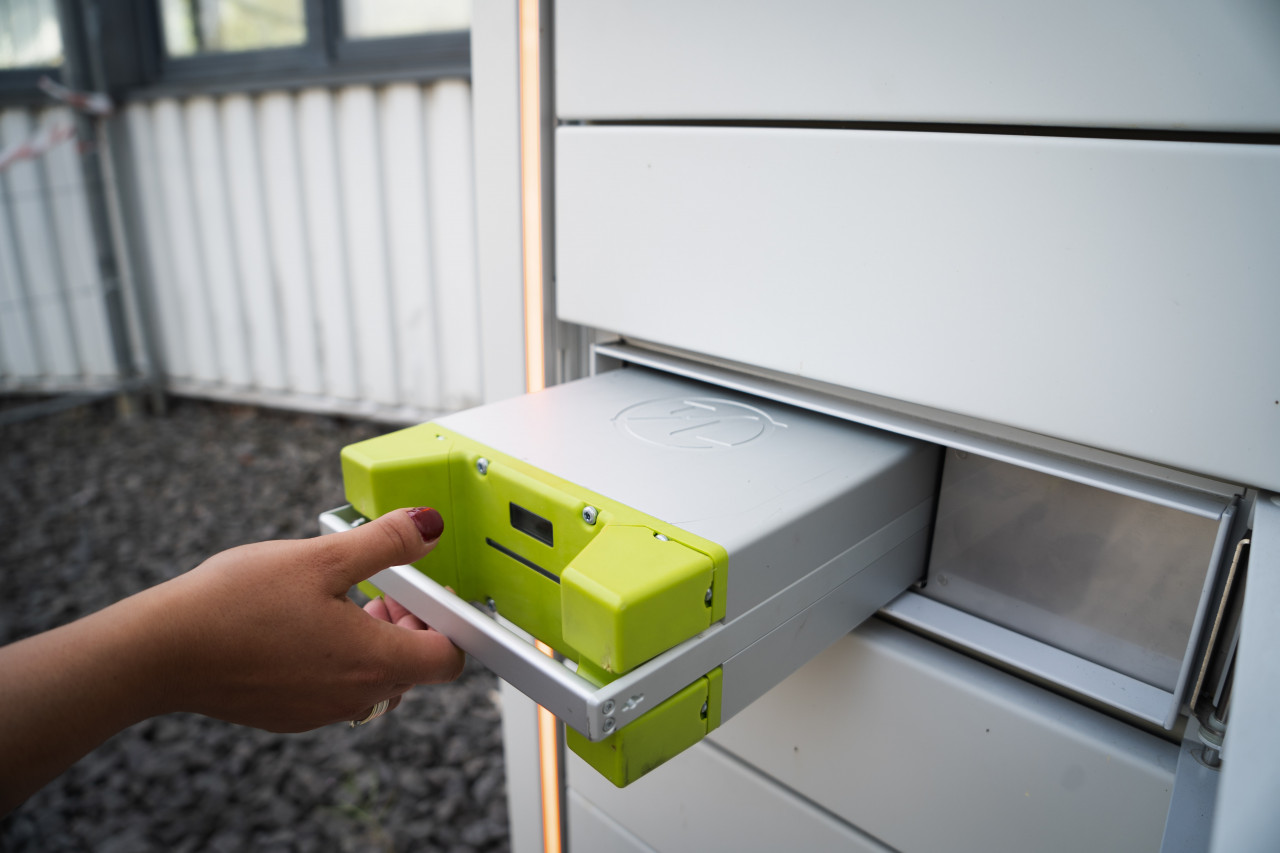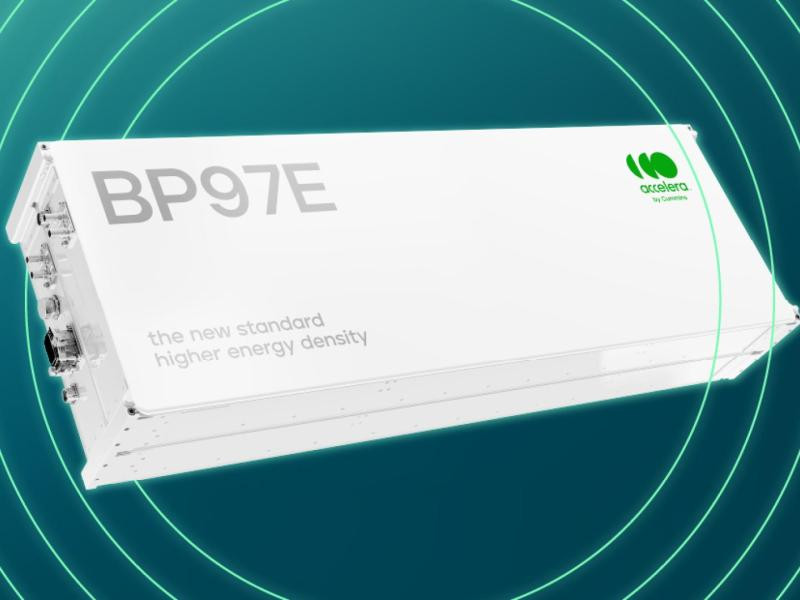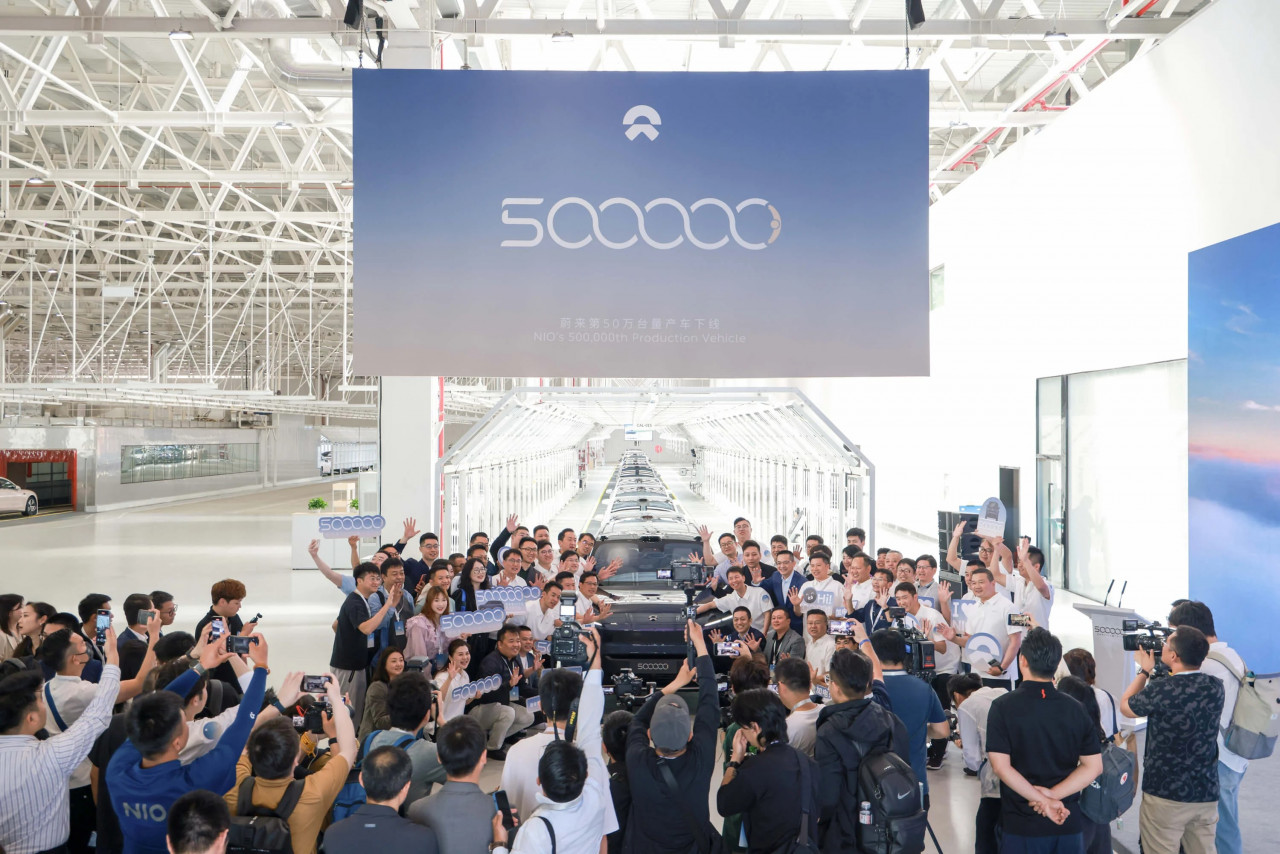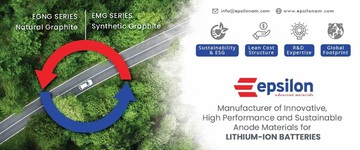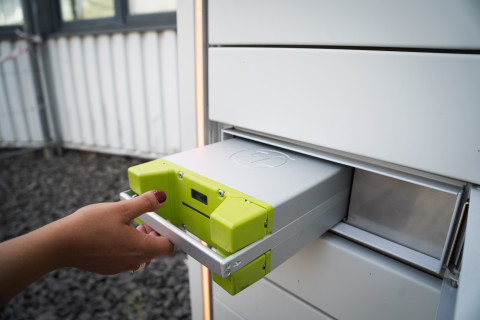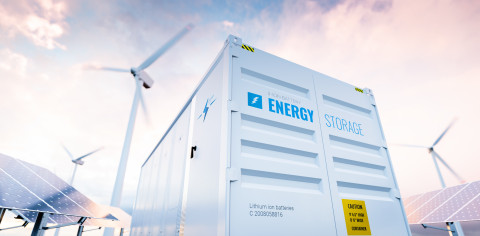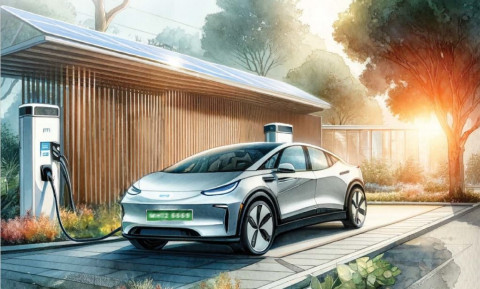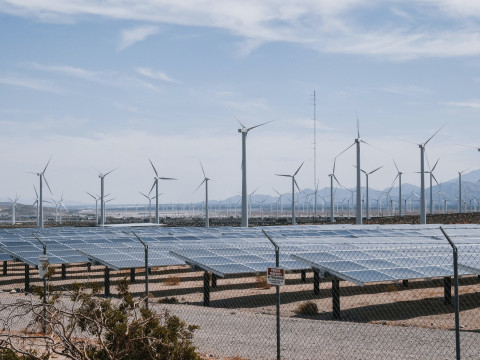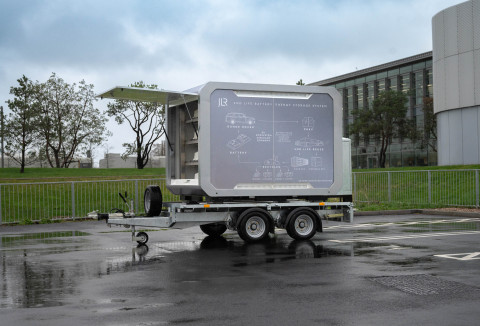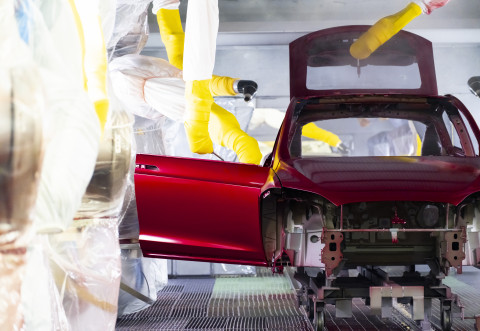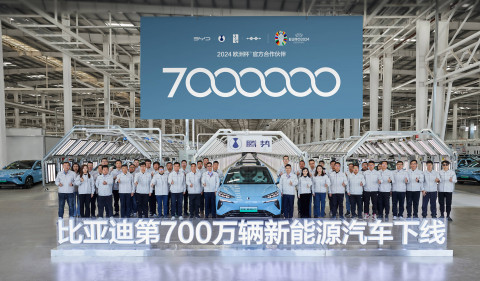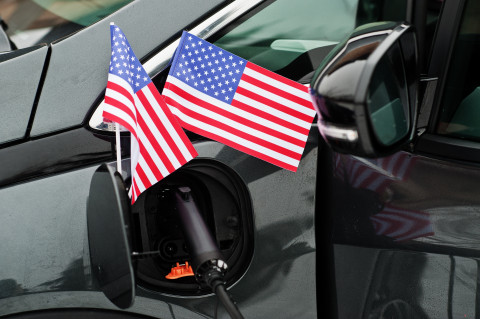The e-4W market set to accelerate e-mobility in India
With the arrival of numerous new technologies and innovations in the EV space, there are several opportunities on the rise!
India has huge plans for EVs and their emerging technologies. The country has great expectations of accomplishing a high level of penetration in e-mobility by 2030. EVs have opened up ample business opportunities for automobile companies in India and across the globe.
In the last few years, India has observed a series of measures taken by the government to support the shift to e-mobility. Regardless of favorable policy measures and increased drive by the government along with the introduction of more products, the market acceptance of BEVs, particularly in the passenger vehicle segment, remains low due to the challenges of the higher upfront price of EVs, range anxiety, lack of charging infrastructure, and low consumer awareness.
The EV market is expected to be a ₹50,000 crore opportunity in India by 2025 and it is projected to drive higher electrification of the vehicles in the medium term in the wake of COVID-19. The EV market in India has gained significant momentum after the implementation of the FAME India scheme. In FY 2019-20, the industry sold ~3000 units.
The industry is also capitalizing aggressively in technology and towards building the ecosystem. This, along with reducing battery costs will positively boost the sector in upcoming times. Furthermore, the demand for EVs will see a substantial jump owing to future emission norms such as Corporate Average Fuel Efficiency (CAFÉ), Bharat Stage Emission Standards (BSVI) Phase-II, and Real Driving Emissions (RDE).
Government's drive to encourage e-mobility
In May 2020, the Ministry of Heavy Industries and Public Enterprises (MHIPE) delivered a notification to all the testing agencies under Faster Adoption and Manufacturing of Electric Vehicles in India (FAME II). The notification covers the suitability under the reviewed Phased Manufacturing Program (PMP) for xEV parts.
PMP will be valid for five years until 2024 and promotes domestic production across the EV value chain. The MHIPE extended the effective date for indigenization of xEV parts to April 1, 2021.
In August 2020, the Ministry of Road Transport and Highway (MORTH) declared that all the States and Union Territories are permitted to list and retail EVs without pre-fitted batteries. The prototype of EVs and battery types has to be authorized by the test agencies according to the Central Motor Vehicle Rules.
The government also extended the validity of the FAME-II program for all sanctioned EV models by three months up to December 31, 2020.
In August 2020, the government introduced the Delhi Electric Vehicle Policy 2020 to enhance EV adoption in the national capital region (NCR). The new policy proposed tax waivers, charging and swapping infrastructure establishment, battery cycling ecosystem, and creating a non-lapsable State EV Fund
The Telangana government also released its new Electric Vehicle and Energy Storage Policy for 2020-2030, declaring subsidies, policy measures, and other incentives to turn the State into an EV and energy storage system development and manufacturing hub.
In September 2020, Union Heavy Industries and Public Enterprises Minister, Prakash Javadekar, said in Lok Sabha that the Centre had delivered a demand incentive of ₹950 million (~$12.9 million) towards 27,201 EVs until September 10, 2020. The demand encouragements will cover 7,000 e-buses, 55,000 e-cars, and one million e-2W under FAME-II.
The EV sector offers a window for the government to support the recovery of the economy with an added benefit of cleaner mobility. The government has an opportunity to capitalize on skilling, infrastructure, and manufacturing in the EV sector to deliver the requisite reboot to the economy. Making this recovery investment in the sector will fast-track the transition to clean mobility in India.
It is an appropriate moment for the government to commence the much-needed re-skilling of labour to fit the green sectors such as EV. Besides, focusing the recovery stimulus on supporting innovation and small-scale businesses is critical as it will permit for a more ground-up and wide-ranging approach in encouraging the EV sector in India.
The imperative is facilitating all-inclusive growth for the EV sector and developing a robust EV value chain in the country. This will also support the government's objective of the country becoming self-reliant and improving domestic manufacturing. India is a huge market for automobiles, and with a paced transition to EVs, the country can boost local manufacturing, lower oil dependence, and consumption, and certainly facilitate a global clean transition.
For deriving the maximum revenue from the swiftly growing Indian e-4W market, there has been a surge in industry players as well as startups foraying into this space.
- Tata Motors is expected to launch the electric version of its hatchback model Altroz in the Indian markets this year.
- British automobile manufacturer Jaguar I-Pace is expected to introduce its first electric SUV in India in March 2021.
- South Korean automobile manufacturer Hyundai is working on launching low-cost EVs for the Indian market by 2021.
- Mahindra Logistics plans to deploy EVs for its last-mile delivery shortly, ensuing Amazon India's decision to deploy electric carts for last-mile deliveries.
Tata Motors has partnered with relevant Tata group companies to launch the 'Tata uniEVerse', a facilitating ecosystem to catalyze the adoption of EVs in India with a thrust on local manufacturing of key components and development of supporting infrastructure.
MG Motor India, which recently launched the updated 2021 ZS EV, is also planning to bring in an EV, which will have a range of up to 500 km.
German automobile manufacturer Porsche has announced that it is set to launch its EV model Taycan in India this year.
The all-electric offering of Audi, the Audi e-tron, is anticipated to hit the Indian market in 2021
Tesla CEO Elon Musk has established the company's plans to arrive in the Indian market, within days of the EV maker registering its arm in the country.
Bengaluru-based EV startup Pravaig Dynamics officially unveiled the Extinction MK1 premium electric car, completely made in India, and it is set for commercial launch this year.
US-based carmaker Triton is gearing up to enter India with its electric sedan N4, with a price starting at ₹35 lakh. The company has also signed an MoU with Bharat Electronics Limited (BEL) for developing EVs and energy storage systems.
Way Ahead
To boost EV adoption, original equipment manufacturers (OEMs) and the Central and State governments need to work jointly for an integrated policy, creating a favorable ecosystem for India's e-mobility vision.
A blend of facilitating policy measures, infrastructure development, total cost of ownership (TCO) parity, and a market buzz-promise to accelerate the shift to electric, are required for the emergence of a new era for the automotive industry.













